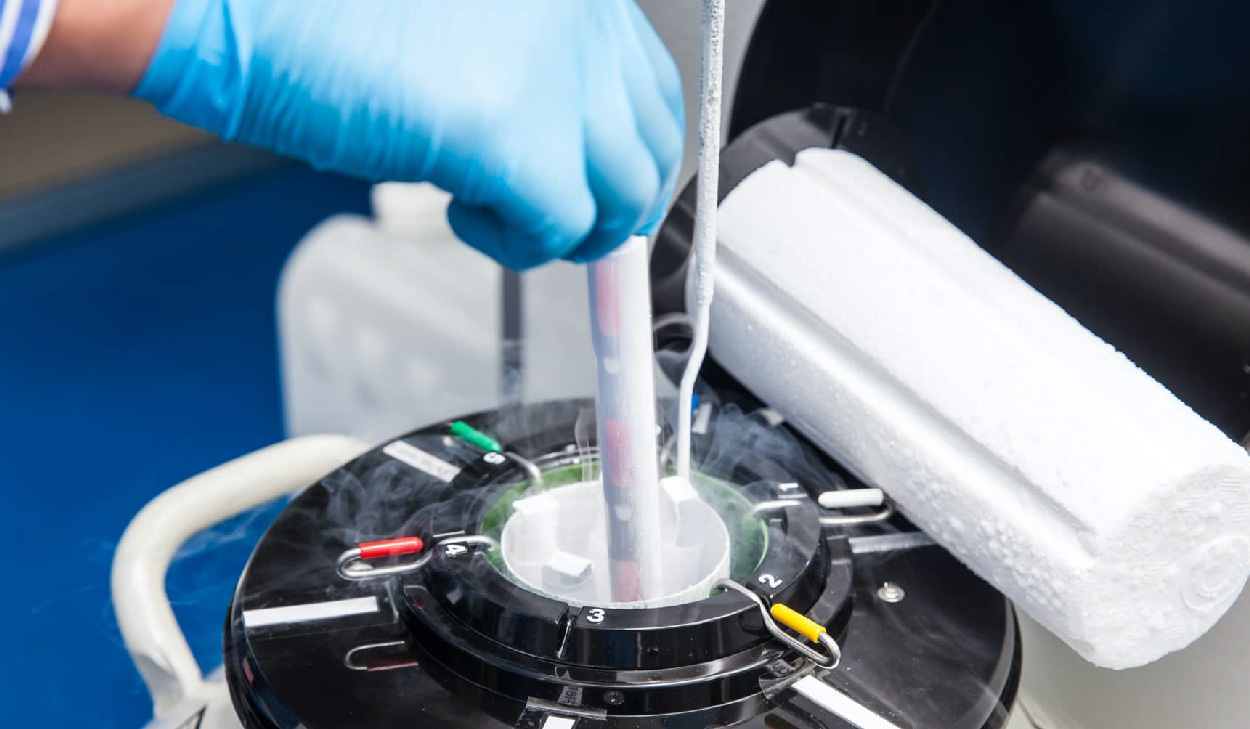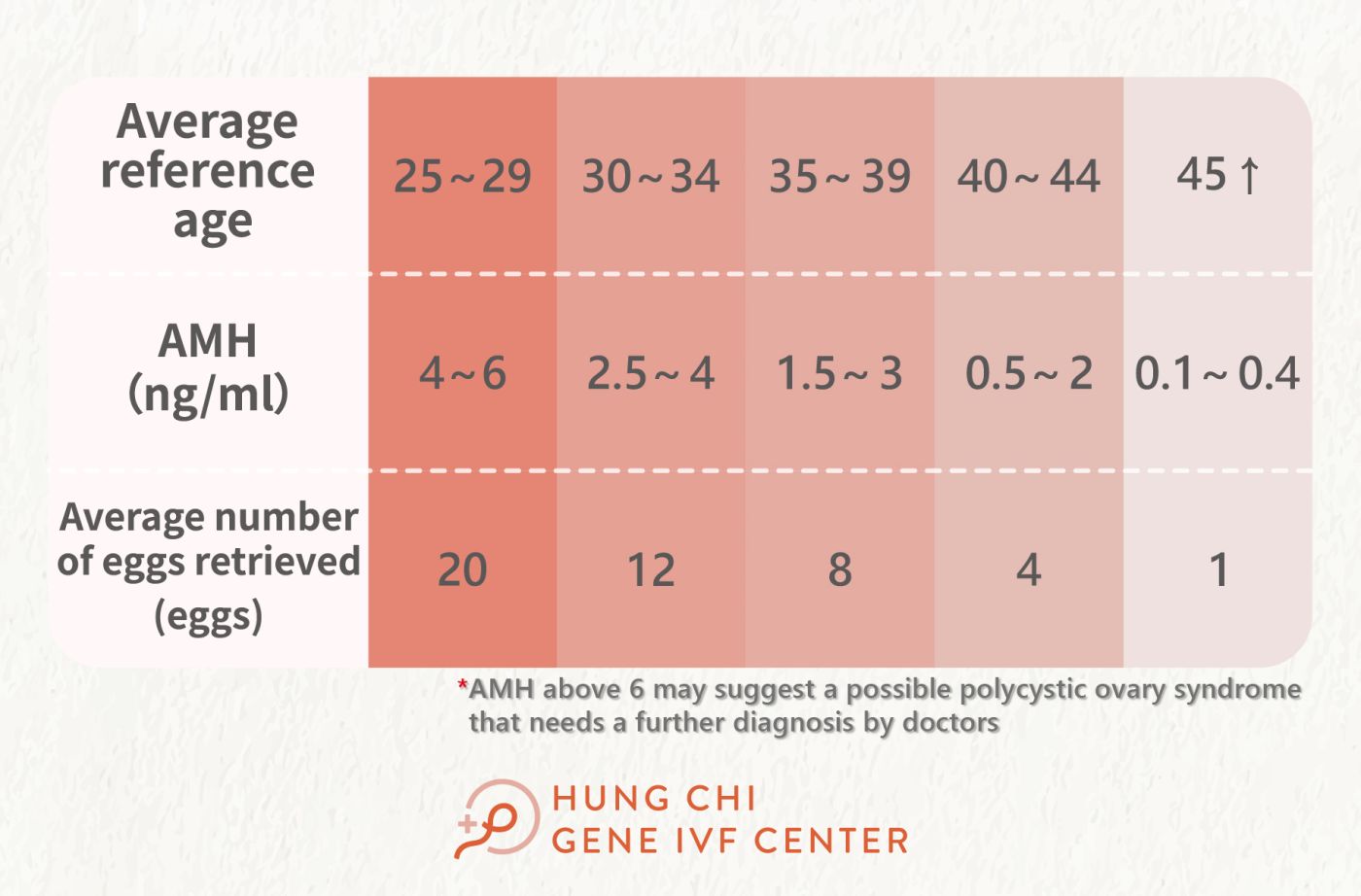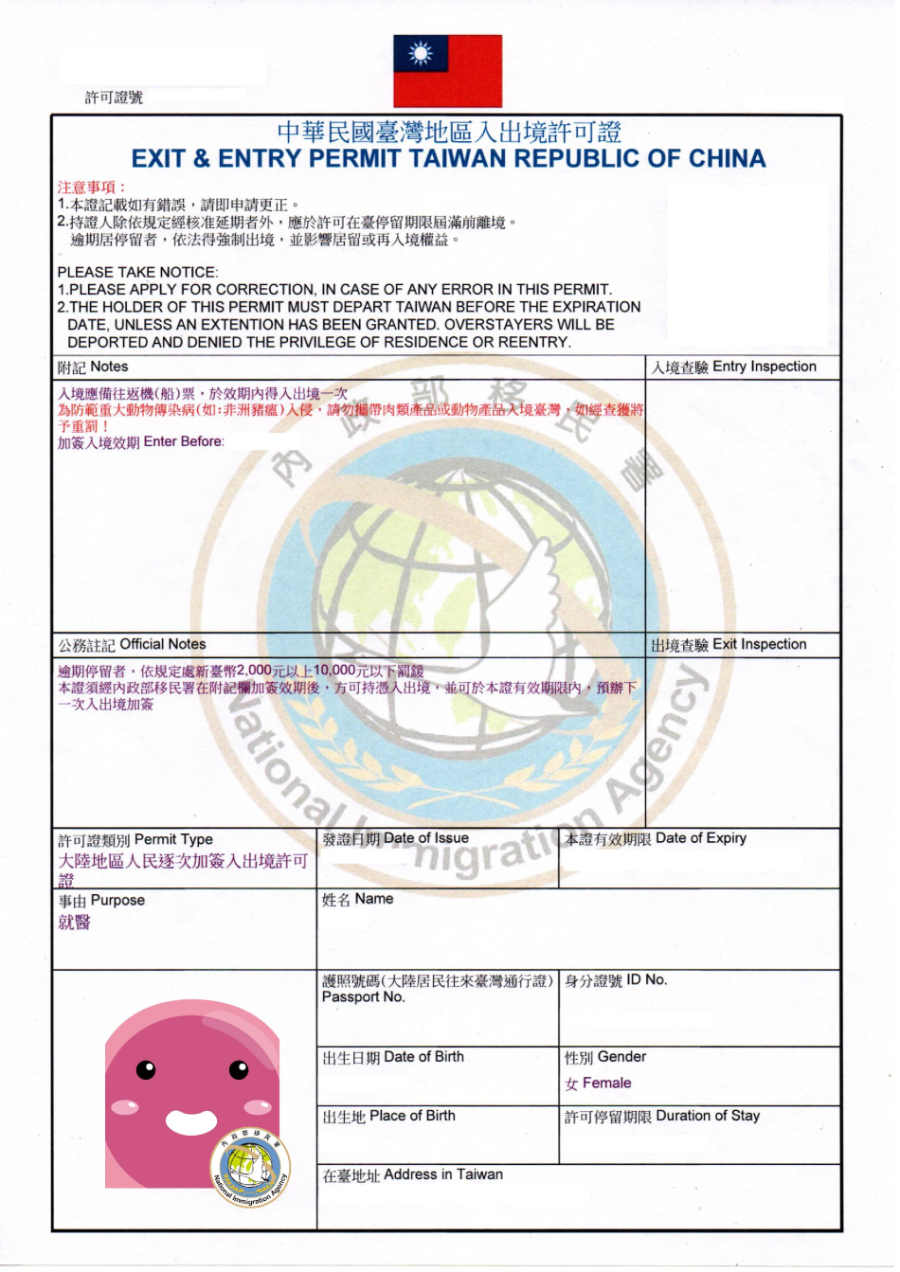Your eggs will be under our protection.
When facing the dilemma of fertility, reserve an opportunity for the next generation and a gift for yourself.
Keep the best eggs in a frozen "honeymoon room", stop being limited by age and marriage.
service items
/Egg/Sperm Freezing/
Egg/Sperm Freezing
Egg Freezing

Egg Freezing - Investment for a Bright Future
Social Egg Freezing
/Suitable/
Subject
Women who want to reserve an opportunity of fertility due to career or education planning.
Women who are receiving chemoradiotherapy for tumors and want to reserve an opportunity for fertility.
Women who are unmarried, 35 years of age or older, and are currently not planning to have a child.
Women whose ovarian function begins to decline as indicated by an AMH test.
Women who have no uterus or damaged uterus and are subject to the pending enactment of the Surrogate Mother Act.
Women whose husband is suffering from azoospermia, or the scheduled egg collection date cannot match the sperm collection, in this case, the eggs may be temporarily frozen for future fertilization.
Women with endometriosis (chocolate cysts) and are planning to have a child
/AMH/
Anti-mullerian Hormone
AMH (Anti-mullerian Hormone), secreted by immature small follicles in the ovary, reflects the reserve of ovarian follicles.
AMH is an indicator of IVF or artificial insemination, which correlates closely with the success rate.
Test method:AMH may be obtained by a blood test, and it is not necessarily to be conducted during menstruation. It is recommended that women who plan for pregnancy and unmarried adult women visit a clinic every year to take AMH tests and check the ovarian reserve.
AMH is an indicator of IVF or artificial insemination, which correlates closely with the success rate.
Test method:AMH may be obtained by a blood test, and it is not necessarily to be conducted during menstruation. It is recommended that women who plan for pregnancy and unmarried adult women visit a clinic every year to take AMH tests and check the ovarian reserve.

/Treatment process/
Egg Freezing Process
01
/
Step01
Appointment and consulting
Conduct an initial physical and ovarian function assessment.
Step02
Ovulation Induction
The ovulation stimulating process begins on the second day of menstruation.
Step03
Keep Tracking
Make follow-up appointments with the doctor, approximately for 3-5 times
Step04
Egg retrieval
Egg retrieval will be conducted approximately on the 13th day of menstruation
Step05
honeymoon room
Store the eggs in the freezer
/advantage/
Why should you choose Hung Chi Gene IVF Center for egg freezing
Treatments customized based on the personal egg freezing planning
Highly flexible appointment options
Vitrification freezing technology that meets internationally recognized standards, the survival rate of egg thawed is over 90%.↑
Multiple successful IVF cases in which the single woman's egg frozen is thawed after marriage
Professional service personnel and renowned doctors
Laboratory with cutting-edge equipment run by top embryologists
Sustainable operation, safety guaranteed
/introduction/
Introduction of Cryopreservation Technology
Adopting the vitrification freezing method that meets internationally recognized standards, we use highly concentrated cryoprotectants to dehydrate the cells and turn the materials inside into a highly viscous, solid, non-crystalline glassy substance within a very short period of time. The eggs are frozen even before the formation of ice crystals to avoid damage to the eggs due to ice crystals. The eggs frozen will then be stored in liquid nitrogen at -196°C.
The eggs frozen will be placed in a thawing solution at a pre-temperature of 37°C to have the cryoprotectant expelled from the cells. Thanks to the streamlined process, highly concentrated cryoprotectant, and reduced freezing volume, the survival rate after thawing can reach 90-95%.
/ Q&A /
FAQ
-
ANo, we use the industry's state-of-the-art vitrification method to minimize the damage to the eggs during the freezing. The survival rate after thawing reaches 90-95%. Actually, the chance of fertilization or pregnancy is comparable to that of fresh egg cells.
-
AEgg retrieval will be performed under general anesthesia by intravenous injection, during which the patient will fall asleep and feel no pain. 8-hour fasting will be required before egg retrieval (including water). With the help of transvaginal ultrasonography, the follicular fluid will be extracted with the egg retrieval needle and sent to the laboratory for the technicians to winnow out the eggs under the microscope. The operation will last for about 30 minutes with no wounds and no sutures required. Hospitalization is not required either. You may return home on the day of surgery if you feel well. After returning home, you only need to take oral medicine for 2 to 3 days according to the doctor's instruction.
-
AYes, according to the Assisted Reproduction Act, you must be legally married to thaw the eggs for IVF treatment.
-
AYes, IVF treatment is required since eggs frozen cannot be directly put back into the uterus after thawing. The embryos or blastula must be implanted after three days of culture.
-
ANo, after the completion of the initial physical and ovarian function examination, the doctor will arrange the egg freezing treatment according to the examination results of the client. You may only need to make 3-5 follow-up appointments during a 2-week period before sending the eggs into the freezer.
-
ANo, follicles will shrink with or without carrying out egg retrieval. Egg retrieval will not affect the reserve of follicles nor cause early menopause.
-
AThe needle is thin and short and easy to operate. The shot is supposed to be given on the belly by subcutaneous injection. Most people will not feel pain during the injection.
-
ADonors may find their menstrual cycle extended or shortened due to the effect of the ovulation injections and drugs. However, the effect will not last long and, in most cases, the menstrual cycle will return to normal in one or two months.
-
ANo time limits. However, according to the Assisted Reproduction Act, subjects who need to freeze their eggs for more than ten years must apply in writing for extended storage.




